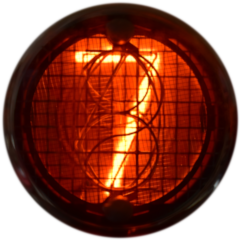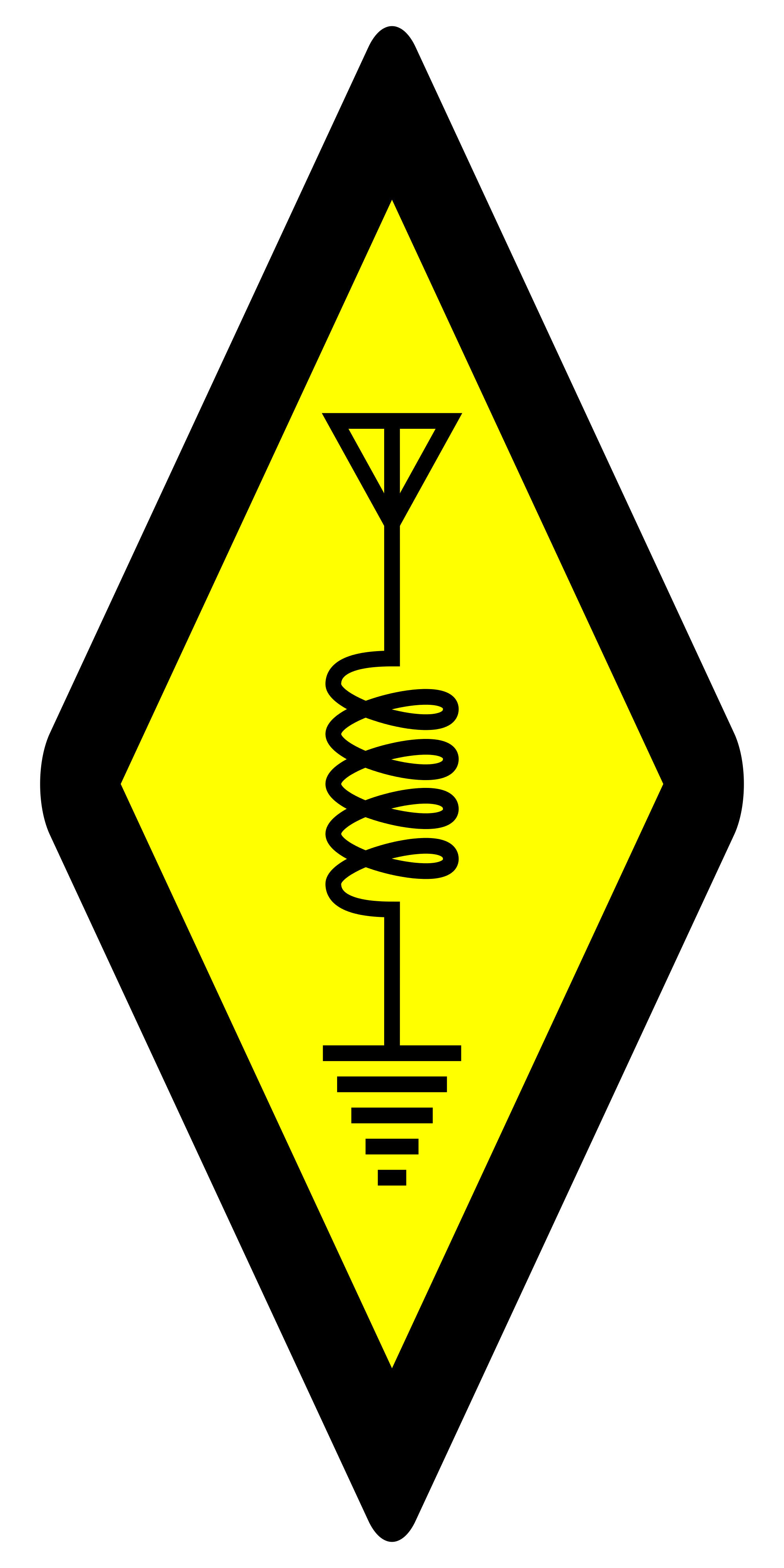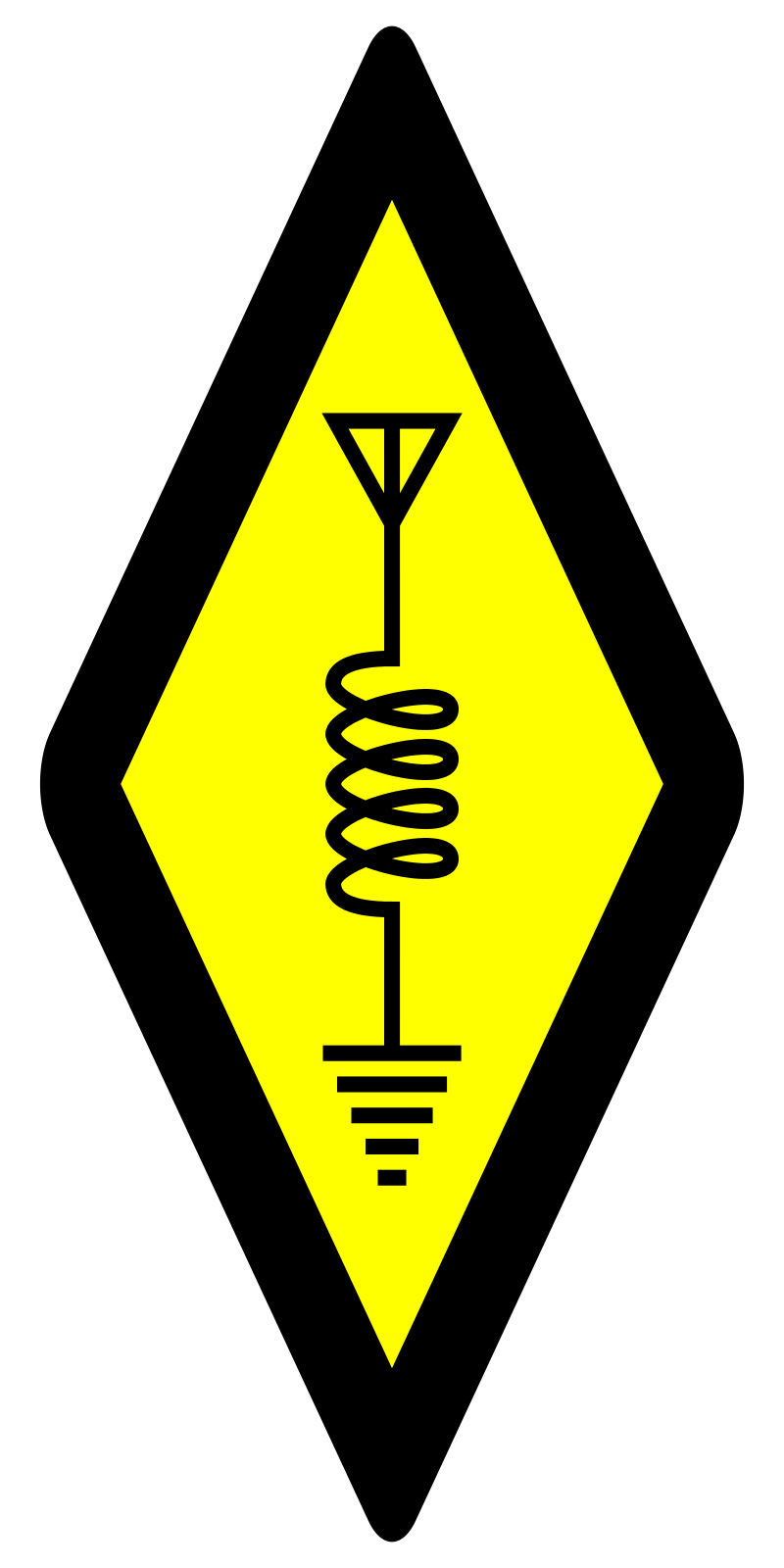PVC doesn’t really work well for a mast above 20 feet or so. Pipe couplers are not strong enough to join the sections, there needs to be a foot or more of overlap.
- 0 Posts
- 11 Comments
The FCC sets what parts of the bands can be used for phone and what’s CW or data only. Apart from that everything is basically a gentleman’s agreement. Since HF can go a long ways, there’s no point making local band plans for it. VHF and up is shorter range and some areas have different needs than others. There are frequency coordinators that handle the band plans and repeater pair assignments. Some states have more than one frequency coordinator for different parts of the state. Some frequency coordinators only handle repeater pairs and don’t publish a band plan.
On VHF and up, each state will have their own bandplans. Look up the bandplan for your state and look for simplex frequencies.
The nation wide FM calling frequencies for 6m, 2m, 1.25m & 70cm are 52.525 MHz, 146.52 MHz, 223.5 MHz & 446 MHz.

 3·10 months ago
3·10 months agoYou will want an HF radio to make use of your general class privileges. The Yaesu FT-710 and Icom IC-7300 are good HF base station radios, but will cost around $1000 not including a power supply, antennas, and coax. If you want something cheaper, you can look at the Xiegu G90. It doesn’t have as good of a receiver and it’s lower powered, but it’s half the price and more portable. None of these will do 2M or 70CM, so you will need another radio if you want to work local repeaters.

 4·10 months ago
4·10 months agoThe Anytone 878 is one of the best DMR radios you can get for ham radio use. If you don’t need DMR or APRS, then you could save some money and get a Yaesu FT-60.

 2·10 months ago
2·10 months agoSdrplay does work on Linux. Unfortunately, the driver is closed source though. You will have to install it manually and possibly have to compile the software you use to enable that driver. Also, the driver is only available for X86_64 and ARM64, so if you are using any other CPU, then it won’t work.
I have an SDRplay RSP1A and it works best using SDR++. GQRX works, but there is no low IF mode and no control over the filters or bias-t. CubicSDR and SDRangel work too, but low IF mode is buggy. The hardware is good, but I never would have bought it had I known the driver was closed source.
There is also the QMX transceiver from QRP Labs. It can do CW as well as single carrier FSK digital modes.
I would suggest getting a radio that can do SSB. There are a lot of digital modes that won’t work with radios like the QDX or QMX.

 3·1 year ago
3·1 year agoYou can run a dipole between two houses, just be sure to do your RF exposure calculations and don’t be surprised if you pick up a lot of RFI. You will need to use insulators between the antenna wire and the supporting rope. There is a lot of voltage on the ends of the dipole. If the dipole is less than 1/4 wavelength off the ground, most of the signal will go up. That’s good for NVIS on the lower bands, but bad for DX.
You can put multiple dipoles on the same cable, it’s called a fan dipole. The wires have to be spread out and can be a pain to work with, but you can get an antenna that’s resonant on multiple bands.
The Yaesu FT-60 is a good choice if you only want analog FM.

 2·1 year ago
2·1 year agoFor higher voltages, you could build a Pierce oscillator from discrete components instead of using a hex inverter.

I made some contacts on 20 & 40 meters. I had too much stuff to do today, so I was only able to be on for a couple of hours. 20 was very crowded in the NW US.